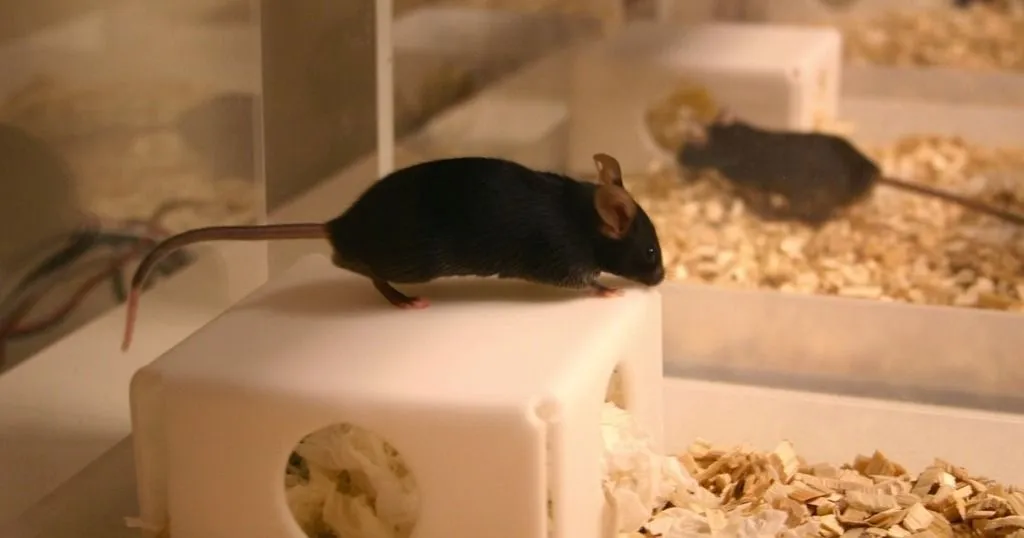CFI Exceptional Opportunities Fund – COVID-19
The Canada Foundation for Innovation (CFI) has issued an Exceptional Opportunities Fund (EOF) in the fight against the coronavirus SARS-CoV-2, known as COVID-19.
Posted by
Published on
Mon 29 Jun. 2020

The Canada Foundation for Innovation (CFI) has issued an Exceptional Opportunities Fund (EOF) in the fight against the coronavirus SARS-CoV-2, known as COVID-19. Through this EOF, the CFI will invest up to $25 million to support equipment for ongoing research related to COVID-19. Unlike other competitions, this particular EOF will cover up to 100 percent of the eligible costs of a project! The deadline for proposal submission, Monday, July 6, is approaching rapidly. Fortunately, Noldus is here to help with your submission.
Please join us on Tuesday, June 30, at 1pm EDT, for an informational webinar on Noldus’ Grant Assistance Program followed by a presentation of our solutions and tools for the fight against COVID-19. This webinar is open to all; however, it is limited to the first 100 registrants.
Program description
The threat of infectious disease is on the rise. COVID-19 has proven to be a global concern for humanity and has taken a significant toll on the healthcare system and economy. This global crisis is killing people and increasing suffering throughout the world. In response to this, the CFI launched an EOF competition with the goal of investing up to $25 million to support urgent needs for equipment for ongoing research related to COVID-19. Furthermore, the EOF competition seeks proposals from all disciplines, such as: epidemiology, virology, vaccine development, diagnostics, therapeutic devices, mental health, social and economic policy and public health response.
Noldus is here to help
Noldus has launched a Grant Assistance Program to help researchers in Canada. We are trained scientists who have experience writing and capturing external funding, as well reviewing manuscripts for scientific journals. We can help review your proposal prior to submission.
For example, we can proofread the proposal, help draft the Plain language summary, and/or view the Assessment Criteria through the eyes of a potential reviewer. Alternatively, we can provide the technical specifications of our solutions to include in your Project and Finance Modules.
Please join us on Tuesday, June 30, at 1pm EDT, for an informational webinar on Noldus’ Grant Assistance Program followed by a presentation of our solutions and tools for the fight against COVID-19. This webinar is open to all; however, it is limited to the first 100 registrants.
Proposal structure
Researchers and institutional administrators will use the CFI Awards Management System (CAMS) to prepare, share, and submit proposals. There are three separate CAMS modules: Project, Finance, and Suggested Reviewers. The Project Module should include the following five subsections: Project information, Plain language summary, Researchers, Assessment criteria, and Financial resources. Although all subsections are critical, it is important to detail how the proposal meets the assessment criteria, as each proposal will be evaluated against a standard on the criteria below. The Finance Module has four subsections: Cost of the individual items, Contributions from partners, Infrastructure utilization, and an Overview of infrastructure project funding. Finally, each proposal should identify a minimum of six reviewers who are well-qualified and are not in any conflict of interest.
Assessment
As noted above, addressing the Assessment Criteria is crucial to success. Proposals will be evaluated on five criteria: Research or technology development, Researchers, Infrastructure, Sustainability, and Benefits to Canadians.
In this section, researchers should ask themselves five questions:
1) How will this proposal study the virus in novel/innovative ways?
The research/technology development should describe the research related to COVID-19 and its innovativeness and feasibility of fighting the current pandemic.
2) How will the equipment in the proposal aid in ways currently lacking?
The infrastructure assessment ascertains the needs of the equipment against the existing structures in place.
3) Who is doing the research and how is s/he qualified to do so?
The researcher assessment looks at the qualifications of the researchers in the proposal in terms of his/her previous research record, excellence at the level appropriate for the career stage, technical expertise, and proposal contributions to the success of the project.
4) Does the research in this proposal commit to a sustainable future?
The sustainability assessment judges the management plan for the optimal use of resources. This operation and maintenance plan must include any institutional commitment.
5) Finally, how does this help your follow Canadian?
The benefit to Canadians assessment evaluates how the results of this research will provide any socio-economic benefits, knowledge mobilization, and/or better training and improved skills for qualified personnel.
Register now or contact Jason directly!
See the links before for how to join. See you on Tuesday! Can’t make it? That’s ok, feel free to contact us: Jason Rogers, Ph.D., [email protected].
Helpful links
- EOF: https://www.innovation.ca/awards/exceptional-opportunities-fund-covid-19
- Webinar registration link: https://us02web.zoom.us/webinar/register/WN_NN1aEDs4T0S4CV4Vcmmehw
- Grant Assistance Program: https://noldus.com/grant-assistance-program
Related Posts

IR backlight in rodent behavioral testing

Developing a high-throughput method - EthoGenomics

